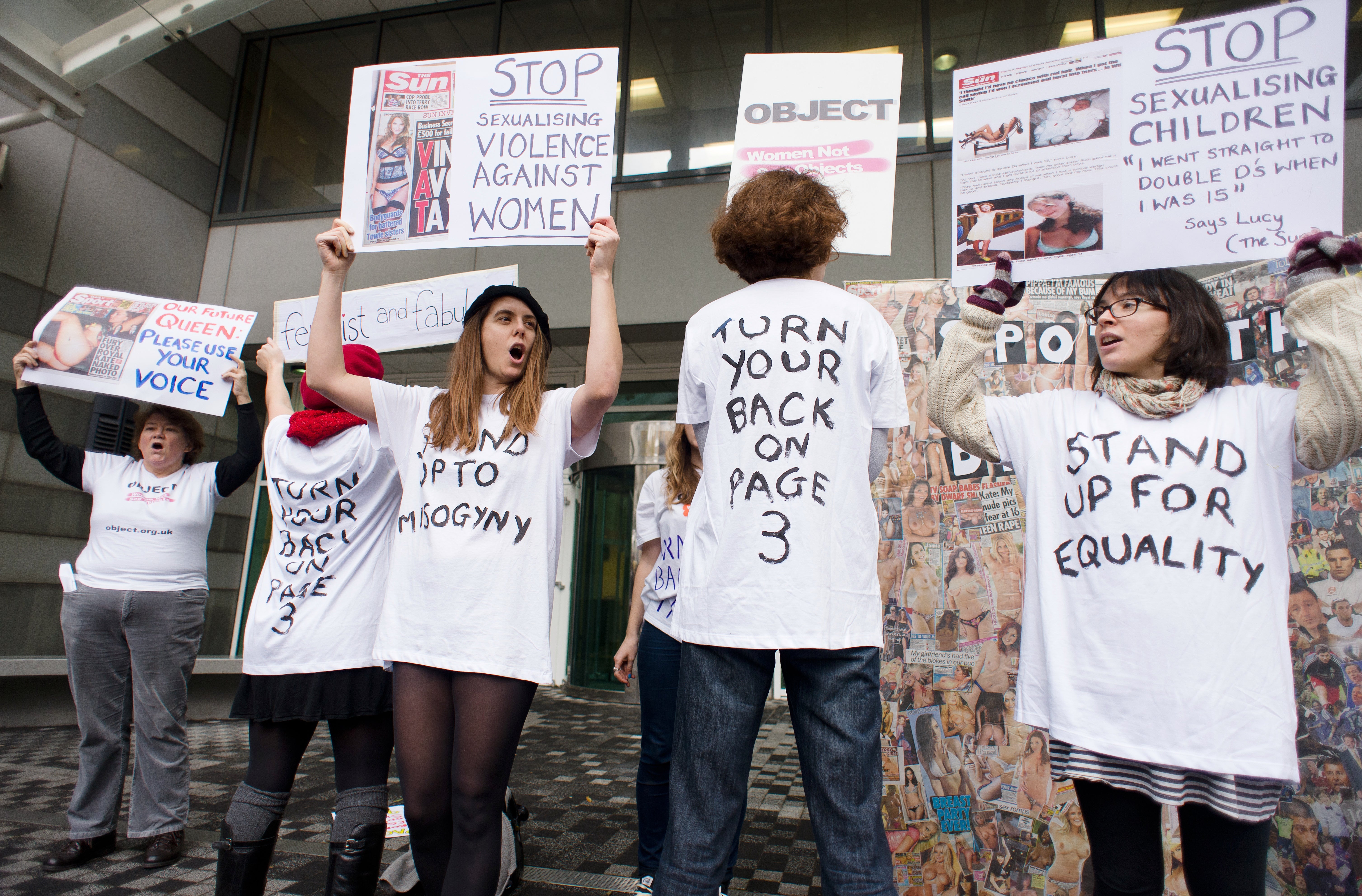On International Women’s Day, we need to pledge to stop using regressive phrases like ‘man up’
In 2021, empathy and respect for all genders is not a big ask – it’s easy to adapt language and use words that are inclusive and do not cause offence


The head of the Tokyo Olympics organising committee, Yoshiro Mori, came under fire last month for saying women “talk too much” – and that meetings with many female board directors would “take a lot of time”. The 83-year old, who is a former Japanese prime minister, apologised for making "inappropriate" remarks about women and subsequently stepped down.
Yet his remarks were far from unfamiliar. Gender stereotypes and everyday sexism are deeply entrenched in society, even today, with regressive phrases like “man up”, “men don’t cry”, or, “you throw like a girl” used commonly. And now, on International Women’s Day 2021, it’s time for us all to pledge to stop.
It’s fascinating that the Oxford dictionary defines "man up" as a phrase used to "demonstrate toughness or courage when faced with a difficult situation". Associating problem-solving or resilient qualities with only men perpetuates the stereotype that women are not strong. Meanwhile, masculine phrases like “right-hand man”, and, “manpower”, are associated with strength; while “prima donna” or “damsel in distress” are terms with negative connotations.
Such are the perils of everyday sexism – because phrases aren’t just words. They serve to perpetuate deep-rooted sexist views, hampering the drive towards gender equality. They can even have a social and economic impact, if left unchecked. Research by educational charity The Female Lead has shown how women can be socially conditioned to feel less entitled than men, and are therefore often paid less – and can fail to progress in their careers.
Even in card games, the king is traditionally worth more than the queen. The use of lazy language and stereotypes stems from a deep-rooted unconscious bias that exists everywhere around us – we’ve even seen it in the messaging around the pandemic.
Earlier this year, the UK government was called out for stereotyping women in a social media advert urging people to "Stay Home. Save Lives". An image of the campaign showed women homeschooling children and doing domestic chores, while the only man featured was depicted relaxing on a sofa. Three scenes showed women cleaning, ironing and teaching children. The infographic prompted a huge backlash on social media and was subsequently withdrawn after the government said the ad “did not reflect" its "view on women".
Yet if you think gender stereotypes in the language we use are only harmful to women, think again. More than 60 per cent of 18-24-year-olds feel the UK society expects a man to “man up” when faced with a challenge; and more than half (55 per cent) said that crying in front of others would make a man feel less masculine, according to a YouGov survey. Meanwhile, more than half of 18-24-year-old men (54 per cent) still feel that society expects them to be the breadwinner in the family.
Be it at home or in the workplace, the use of gendered language risks causing unintentional distress to people. For example: beginning an email or speech with the phrase “ladies and gentlemen” undermines and alienates the group of employees who identify as non-binary. This is why, in a workplace, staff should be trained not to make assumptions about a person’s gender – and should either take cues from a gender pronoun an individual has used, or notice how they introduce themselves.
The recent exit of KPMG chair Bill Michael for his remarks claiming unconscious bias is “crap” is a timely reminder of why fostering a culture of inclusion needs to start right at the top. Because language matters – and just because some words and phrases have been used since the beginning of time, it does not make them acceptable.
In 2021, empathy and respect for all genders is not a big ask. It’s relatively easy to adapt language and use words that are inclusive and do not cause offence. For gender equality to be successful, everyone needs to be involved, engaged and open to change. To solve this so-called language problem, change begins with our choice of words.
Anna Baréz-Brown is co-founder of Shine for Women
Join our commenting forum
Join thought-provoking conversations, follow other Independent readers and see their replies
Comments


Bookmark popover
Removed from bookmarks